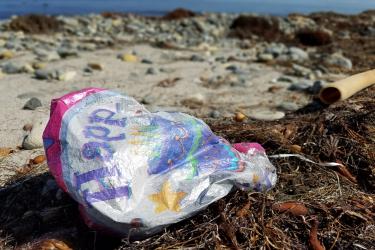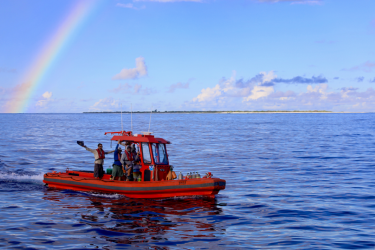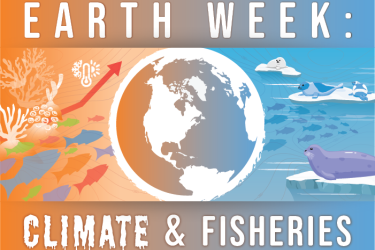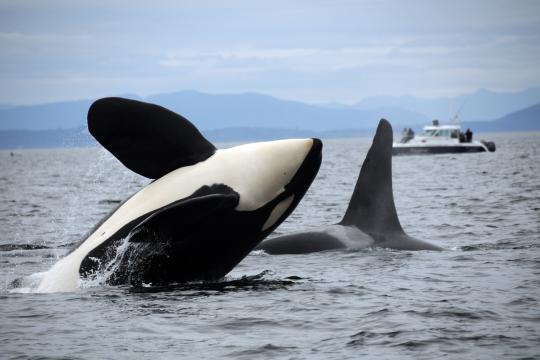Result of Court Case
On September 28, 2015, the U.S. District Court of Atlanta upheld NOAA Fisheries' decision to deny Georgia Aquarium's request for a permit to import 18 beluga whales (Delphinapterus leucas) under the Marine Mammal Protection Act. See the full text of the judge's decision (PDF, 100 pages).
Overview
Under limited exceptions to the Marine Mammal Protection Act (MMPA), zoos and aquaria can apply for a permit from NOAA Fisheries to import or capture marine mammals for public display. Specific criteria from the MMPA and NOAA Fisheries regulations must be met to obtain a public display permit.
The Georgia Aquarium submitted an application for an MMPA permit on June 15, 2012. This application (File No. 17324) requested authorization to import 18 beluga whales from the Utrish Marine Mammal Research Station in Russia to the United States for the purpose of public display. These animals were previously captured from the Russian Sea of Okhotsk.
On August 5, 2013, NOAA Fisheries denied Georgia Aquarium's request to import 18 beluga whales.
On October 27, 2016, NMFS issued a final rule designating the Sakhalin Bay-Nikolaya Bay-Amur River Stock of beluga whales as a depleted stock of marine mammals pursuant to the MMPA. As a result of this determination, belugas collected from this stock and their progeny can no longer be imported into the United States for public display purposes.
What was NOAA Fisheries' decision on this permit application?
NOAA Fisheries denied the Georgia Aquarium’s request for a permit to import 18 beluga whales to the United States for public display. Read the denial letter and decision memo (PDF, 40 pages).
We used criteria set forth in the MMPA and our regulations, as well as our consideration of the public comments received, to make our decision. We denied the permit application for the following reasons:
- We were unable to determine whether the proposed activity, by itself or in combination with other activities, would likely have a significant adverse impact on the species or stock. We believe it is likely that total removals from this stock have exceeded the total net production on an annual basis resulting in a small, but steady and significant decline over the past two decades. We believe the ongoing live-capture trade since 1989 may have contributed to a cumulative decline over the past two decades, and we considered this in combination with other past, present, and foreseeable future actions.
- We determined that the requested import will likely result in the taking of marine mammals beyond those authorized by the permit. There are ongoing, legal marine mammal capture operations in Russia that are expected to continue, and we believe that issuance of this permit would contribute to the demand to capture belugas from this stock for the purpose of public display in the U.S. and worldwide, resulting in the future taking of additional belugas from this stock.
- We determined that five of the beluga whales proposed for import, estimated to be approximately 1.5 years old at the time of capture, were potentially still nursing and not yet independent.
What does this decision mean for future permit applications?
This decision is not a statement by NOAA Fisheries against the applicant, public display, or the live-capture of animals for the purpose of public display. The MMPA provides an exception for public display, provided specific criteria are met. NOAA Fisheries determined that for this application, not all of those criteria were met. The Georgia Aquarium or any other facility may still submit future applications to import or capture marine mammals for public display, and NOAA Fisheries will consider those applications based on the requirements of the MMPA and our regulations.






